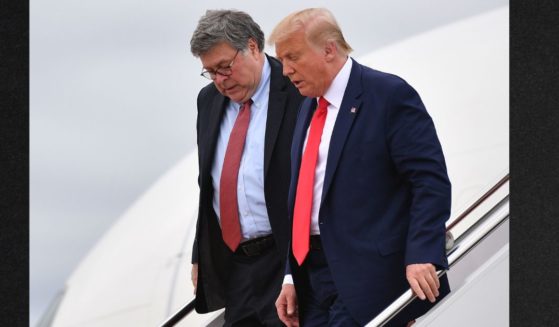The Latest: French president expresses support for Rwanda
KIGALI, Rwanda (AP) — The Latest on the commemorations to mark the start of Rwanda’s genocide 25 years ago. (all times local):
8:35 p.m.
A survivor of the Rwandan genocide has recounted his personal horror at a Paris commemoration in a park, noting how arbitrary killings could be with “people killing some and saving others.”
Alain Ngirinshuti, who lost family members in the massacres, said after surviving an April 7, 1994, attack by soldiers and militia at a convent school, he faced a militiaman in a Kigali hospital “taking people to be killed.”
When the militiaman reached Ngirinshuti, he told him, “I don’t like that youngsters are killed” and asked if he wanted to eat. He told Ngirinshuti he’d return the next day, and “he came and gave me a tin of sardines.”
Ngirinshuti said his life “was hanging by a thread” but “you had situations like that, people killing some and saving others.”
___
3:15 p.m.
President Emmanuel Macron wants each April 7 to become a day of commemoration of the “genocide of Tutsis” in Rwanda, now marking the 25th anniversary of the start of the ethnic slaughter of some 800,000 people, mainly ethnic Tutsis.
In a brief statement Sunday, April 7, the day the slaughter began a quarter century ago, Macron expressed “solidarity with the Rwandan people.” A remembrance is being held Sunday in Paris, but Macron is not attending.
On Friday, Macron ordered a commission of researchers and historians to scour archives “to analyze the role and involvement of France” in Rwanda from 1990-1994.
Critics say France was too supportive of Rwanda’s Hutu-led government whose supporters carried out the genocide, with some saying French soldiers there were complicit — which France denies.
___
Rwanda on Sunday somberly commemorated the start, 25 years ago, of its genocide in which some 800,000 people were killed, as the country continues to grapple with the lasting consequences of the mass killings.
President Paul Kagame and first lady Jeannette Kagame laid wreaths and lit a flame at the mass burial ground of 250,000 victims at the Kigali Genocide Memorial Center in the capital, Kigali.
Those attending the ceremonies included the leaders of Chad, Republic of the Congo, Djibouti, Niger, Belgium, Canada, Ethiopia, as well as the African Union and the European Union.
There will be a procession through the capital to Kigali’s National Stadium where are many as 30,000 are expected to participate in an evening candlelight ceremony.
The mass killing of Rwanda’s Tutsi minority was ignited on April 6, 1994, when a plane carrying President Juvénal Habyarimana was shot down and crashed in Kigali, killing the leader who, like the majority of Rwandans, was an ethnic Hutu.
The Tutsi minority was blamed for downing the plane and the bands of Hutu extremists began slaughtering the Tutsi, with support from the army, police, and militias.
Kagame’s government has previously accused Hutu-led government of 1994 of being responsible for shooting down the plane and has blamed the French government for turning a blind eye to the genocide.
The Western Journal has not reviewed this Associated Press story prior to publication. Therefore, it may contain editorial bias or may in some other way not meet our normal editorial standards. It is provided to our readers as a service from The Western Journal.
Truth and Accuracy
We are committed to truth and accuracy in all of our journalism. Read our editorial standards.












